Air conditioners have become a necessary component of our lives when it comes to avoiding the heat during the sweltering summers. They give us cool, cozy interior spaces that let us escape the oppressive heat outside. However, thanks to technological improvements, there are now two different types of air conditioning systems available on the market: inverter ACs and non-inverter ACs. Each option has its own set of benefits and drawbacks, leaving customers pondering over which cooling technology is the best fit for their needs. To assist you in making a decision, we will examine the distinctions between inverter and non-inverter air conditioners in this article.
1. Understanding the Technology
Before we delve into the differences, let’s first understand the basic technology behind inverter and non-inverter ACs. Typical non-inverter cooling units work on a straightforward on/off premise. The compressor turns off when the appropriate temperature is attained, and when the temperature rises, it restarts at full power. Inverter air conditioners, on the other hand, use variable-speed technology. The compressor regulates its speed to maintain more consistent and energy-efficient operations by taking into account the cooling requirements.
2. Energy Efficiency
One of the key benefits of inverter ACs is their superior energy efficiency compared to non-inverter ACs. Traditional non-inverter air conditioners use a lot of energy when they first turn on because the compressor is working hard to immediately cool the room. When the room temperature raises once again, the compressor restarts, using additional energy in the process. This frequent on/off cycle leads to higher consumption of energy.
In contrast, a compressor in an inverter air conditioner begins at a low speed and gradually increases to the desired temperature. Once the temperature is reached, the compressor reduces its speed but continues to run to provide the necessary level of cooling. The inverter ACs’ variable-speed operation minimizes energy waste, leading to significant energy savings and decreased electricity costs.
3. Cooling Performance
While both inverter and non-inverter air conditioners may reduce a room’s temperature, there are variances in how they do it. Non-inverter air conditioners chill the space briefly but may create temperature swings. Some people might find this uncomfortable.
Inverter ACs, on the other hand, offer a more reliable cooling experience because of variable-speed technology, which enables the compressor to alter its speed to maintain a constant temperature. This not only improves comfort but also makes sure that cool air is distributed more evenly throughout the space.
4. Noise Levels
When it comes to noise levels, non-inverter air conditioners have an advantage because they run at maximum efficiency during cooling cycles and generate more noise when starting up. However, noise levels considerably drop after the compressor is off and the necessary temperature is reached.
On the other hand, inverter air conditioning units run at slower speeds, which makes them quieter, but the compressor still works continuously at a reduced pace and makes a low humming sound.
5. Cost Considerations
Inverter ACs are more expensive than non-inverter ACs due to their advanced technology and components, but it is crucial to take long-term savings into account when comparing the costs.
As previously mentioned, inverter air conditioners use less energy because of their variable-speed operation, which lowers power costs. Furthermore, some regions might provide incentives or refunds for energy-efficient appliances, making them a financially sensible choice. It is wise to inquire with local government agencies or utility providers about possible discounts or incentives.
6. Durability and Lifespan
Inverter ACs have an advantage over non-inverter ACs due to their variable-speed operation, which reduces wear and tear on the compressor, resulting in a longer lifespan and improved durability. Non-inverter air conditioners may put extra stress on the compressor and other components, shortening their lifespan and raising the possibility that maintenance or repair work.
7. Maintenance and Repairs
Both inverter and non-inverter air conditioners need routine maintenance to operate at their best. However, inverter air conditioning units might have more complicated technology and parts, which would increase the expense of repairs. Prior to making a purchasing decision, it is crucial to take into account the accessibility of repair facilities and spare parts.
8. Environmental Impact
Inverter ACs are more environmentally due to their energy-efficient functioning, which lowers greenhouse gas emissions and promoting to a greener future. Non-inverter ACs use more energy and frequent on/off cycles but still fall short of the eco-friendly performance offered by inverter ACs.
Conclusion
Your priorities and needs will ultimately determine whether you choose an inverter air conditioner or a non-inverter air conditioner. An inverter AC would be the best option if energy efficiency, long-term savings, and reliable cooling are your top priorities. Although the initial cost may be higher, the energy savings and increased comfort make the investment worthwhile.
However, a non-inverter AC can still offer adequate cooling at a reduced cost if the upfront cost is a big concern and you don’t mind brief temperature swings.




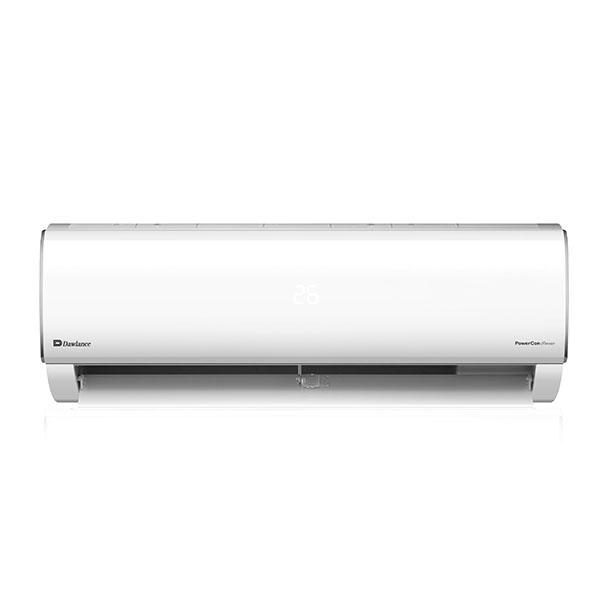

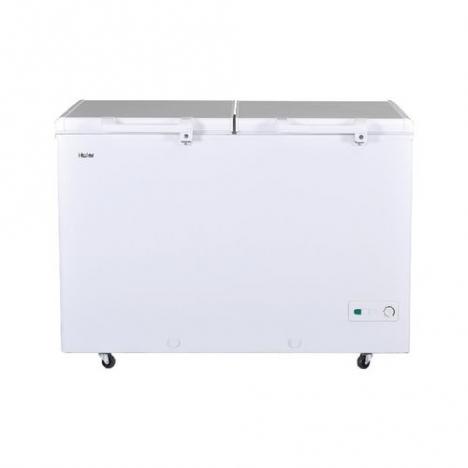

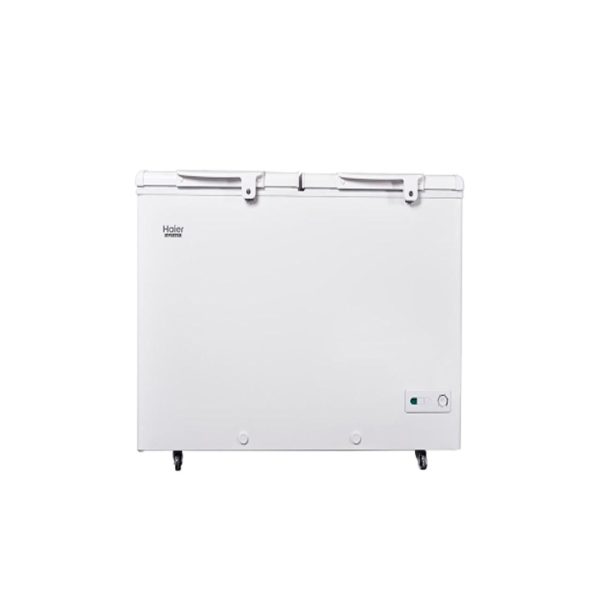

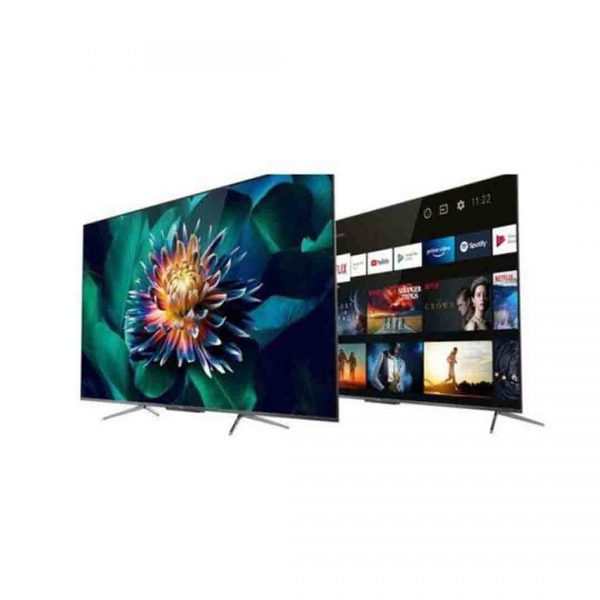
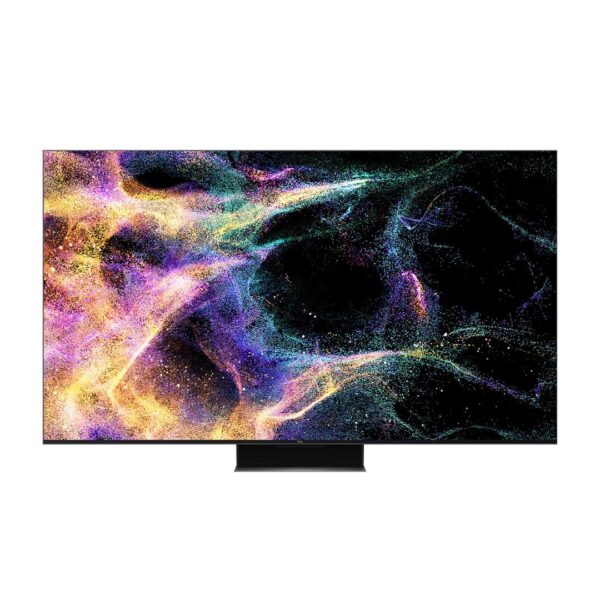

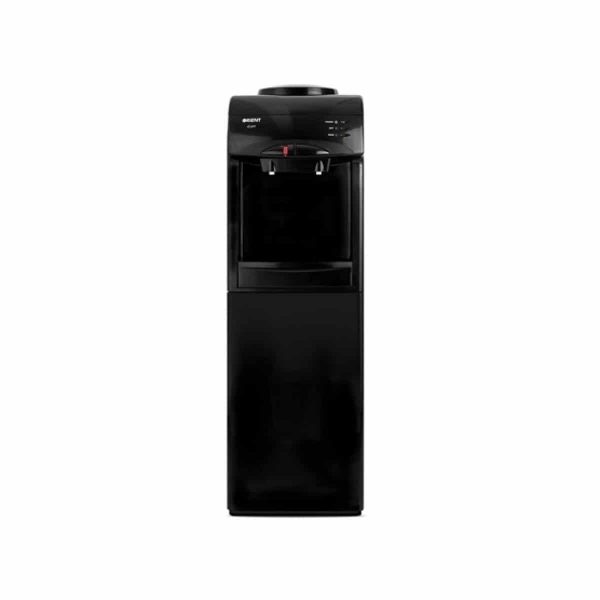
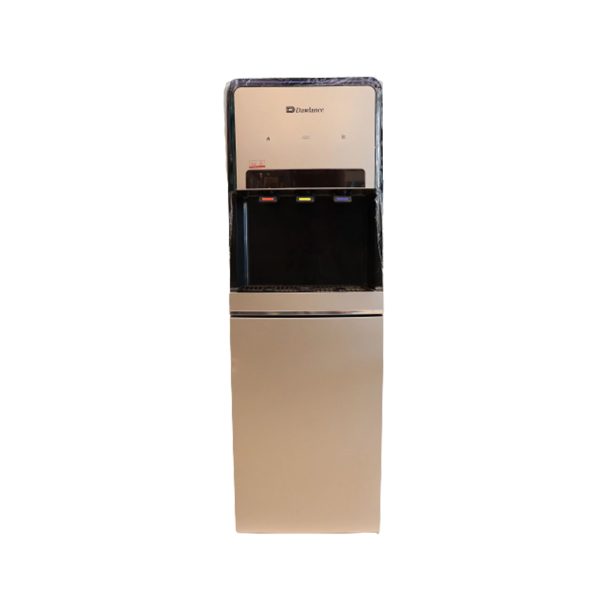

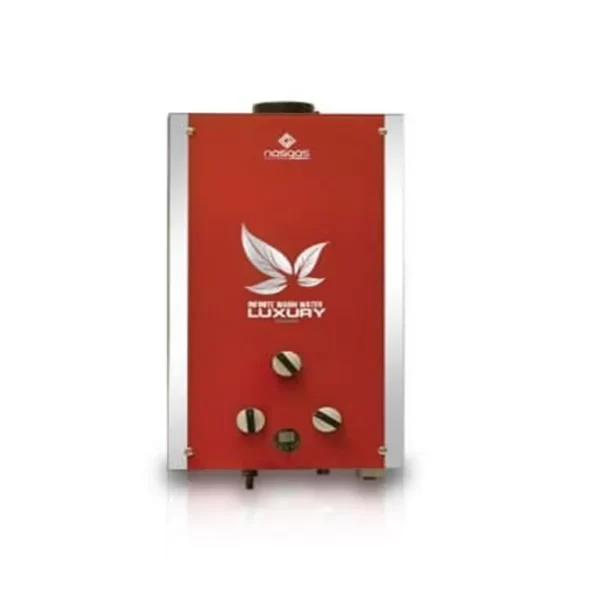
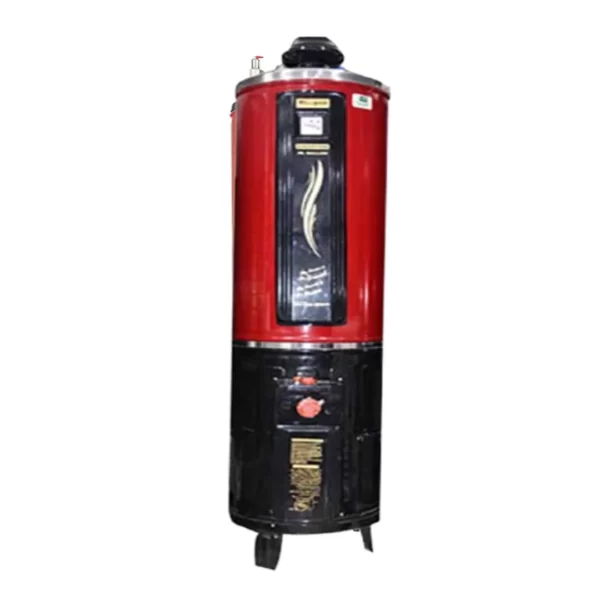
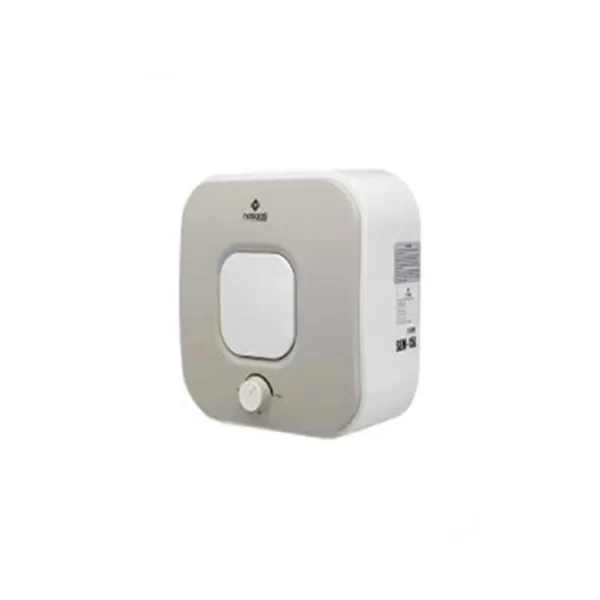
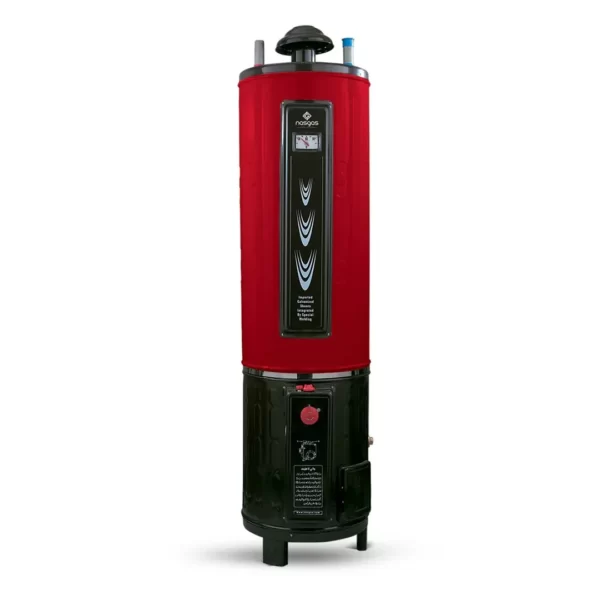

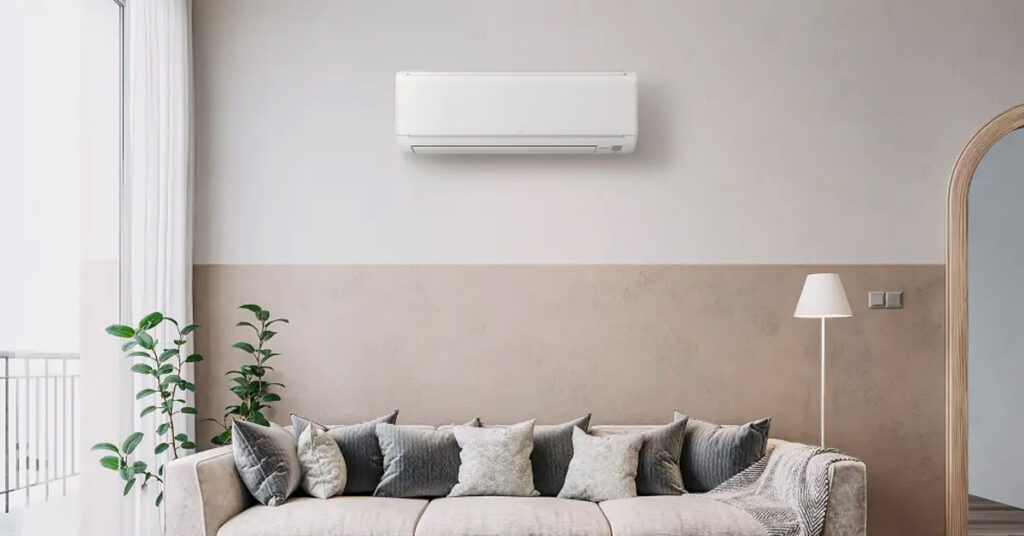
 Dryers
Dryers Ironing / Garment Care
Ironing / Garment Care